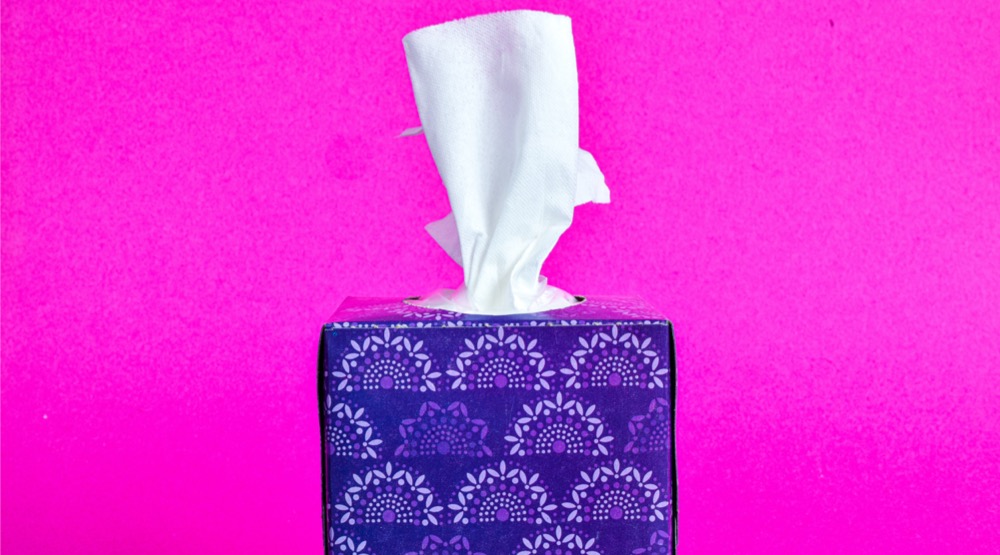We know the rules: if you’re feeling unwell or showing any flu-like symptoms, get tested and isolate. As salon owners, we rely on our customers to be vigilant with their health, and in turn, they entrust their health to us when they enter our salons. They assume that we have put safety measures in place; that we provide sanitiser, social distancing allowances, and offer tracing. But perhaps most importantly, they trust that we will not allow an unwell therapist to carry out their treatment.
With that in mind, it’s alarming that a recent survey carried out by Cleancorp revealed that 70 per cent of employees said they would still go to work with flu symptoms.
While the Federal Government has insisted that Australians get tested for COVID-19 if they feel unwell, the survey revealed a majority of Aussies said they would pitch up to work with a headache, aches and chills, a cough, sore throat or fatigue.
The results showed that the under-30s category were the most likely to go to work, with close to 60 per cent of those respondents insisting those symptoms were not serious enough to justify a day off work, suggesting they did not want too use up sick leave, or be seen as talking advantage of the pandemic situation.
Lisa Macqueen, Co-Founder and Director at Cleancorp, says: “Now that we are facing the genuine threat of a virus ‘double whammy’ – COVID-19 and the flu – it is more important than ever not to go to work when feeling unwell. Our findings reveal that many employees come to work when sick because of feelings of guilt or a fear of being judged by their bosses. However, now that we’re in a pandemic, going to work sick because you feel obliged to is no longer acceptable. As a significant proportion of employees re-enter their workplaces – either partially or fully – organisations must do everything they can to minimise the risks of viruses spreading among their employees, customers, and visitors.”
Of most concern, were the survey’s findings that casual workers were the most likely to go to work while feeling unwell. The findings suggested that 546,000 casual workers would attend workmen with symptoms, given that they do not receive sick pay or annual leave.
What you must do
- Continue to temperature check every staff member, at there beginning of every shift
- Assure your staff that staying home if they are unwell is the right thing to do and they will not be penalised for this
- Do not pressure staff to come in if they are unwell
- Remind staff of their responsibility to their clients
Visit the #BEAUTYSTRONG hub at https://www.professionalbeauty.com.au/beautystrong/
For more news and updates, subscribe to our weekly newsletter.

